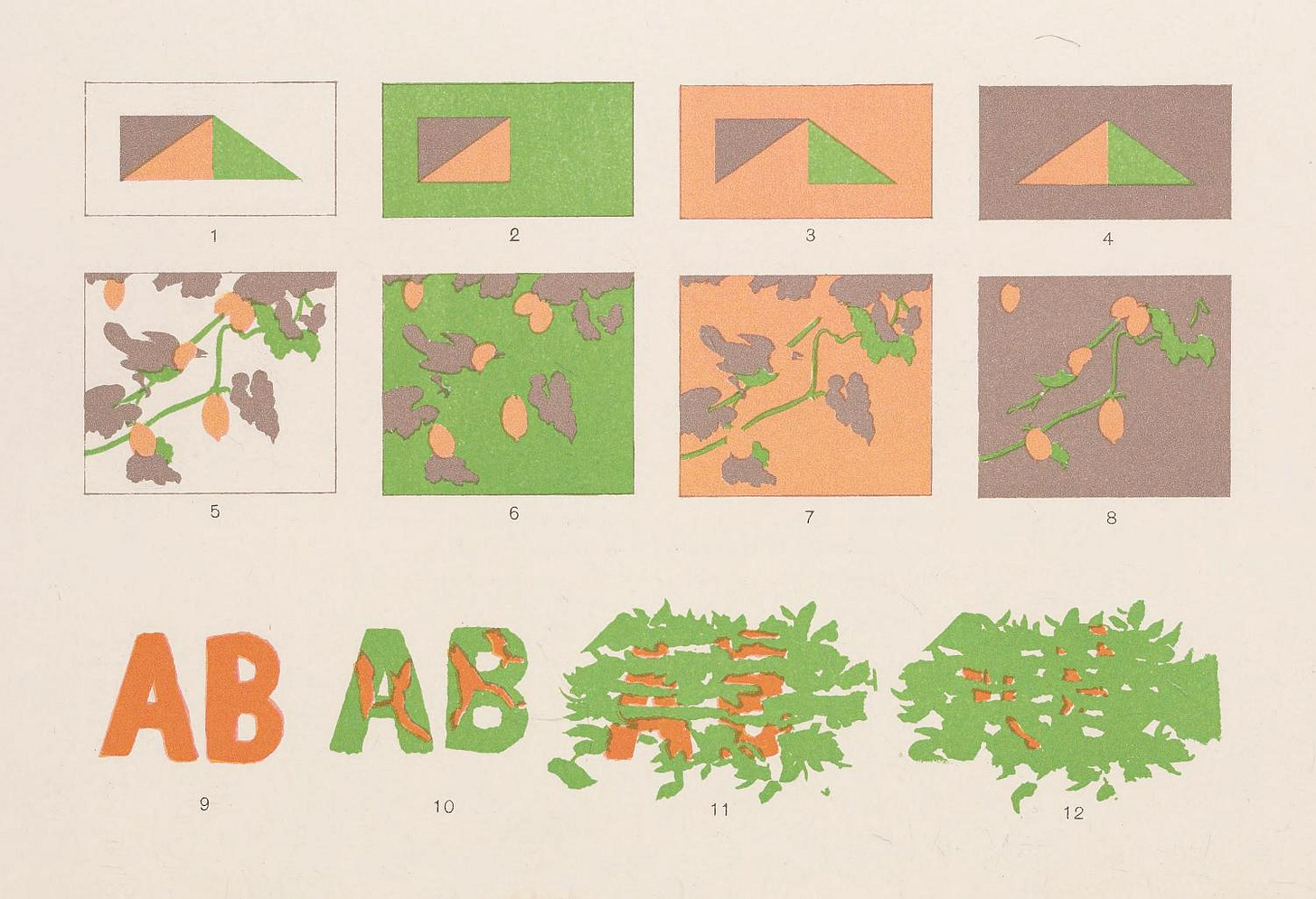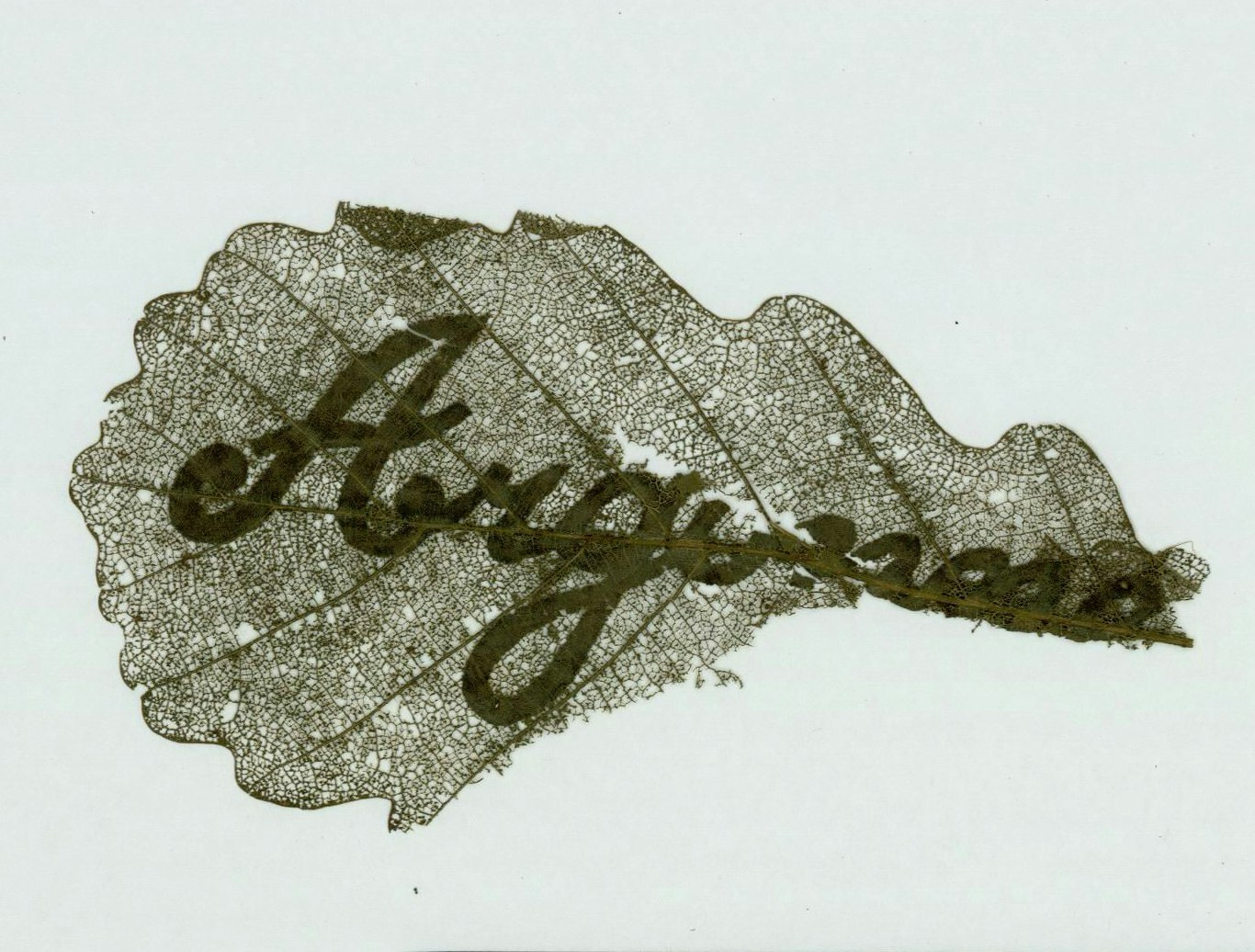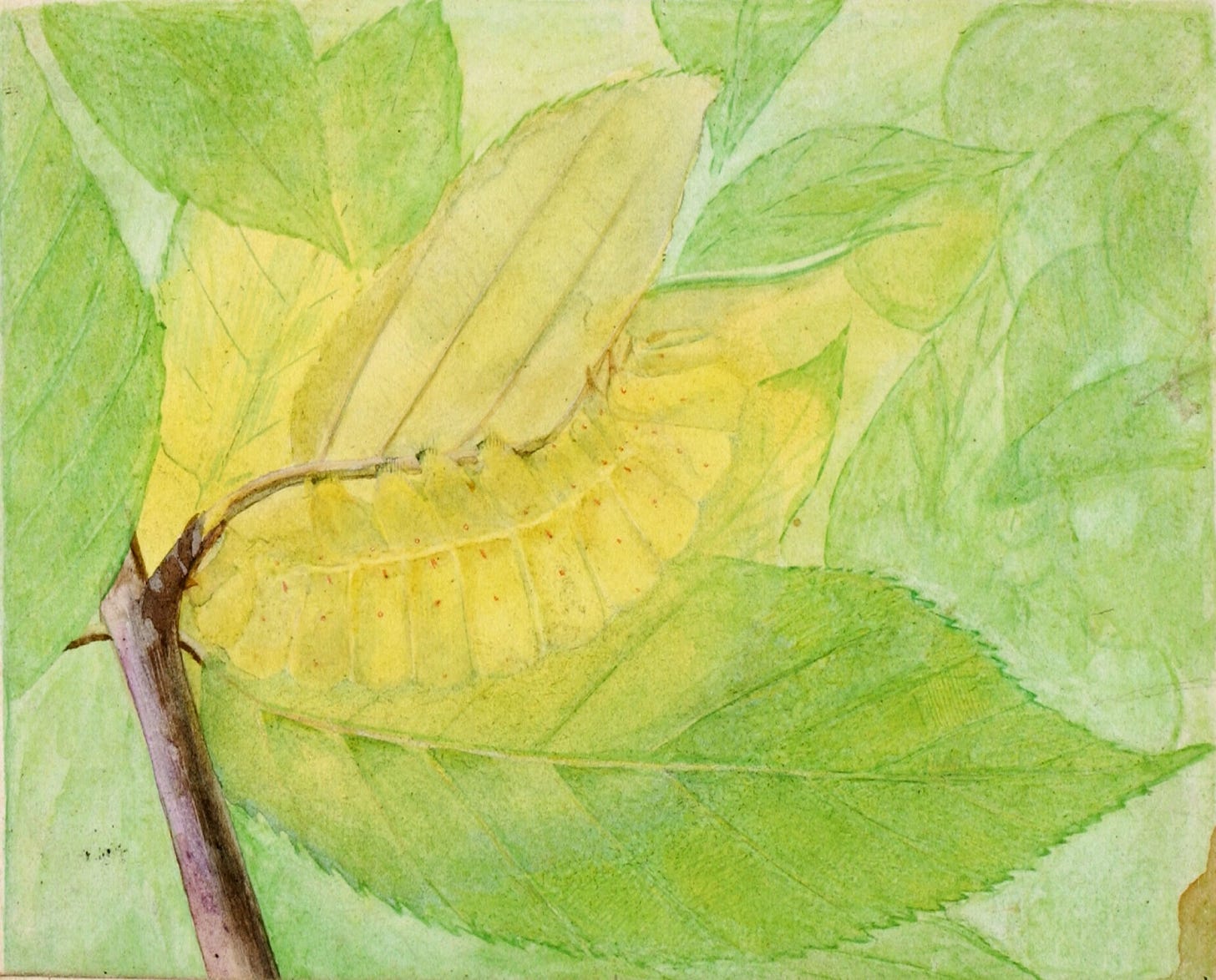
Somewhere in central New York in mid-October, Dylan and I spent half a day on a trip to the Book Barn, a hidden trove of vintage and cheap books nestled in winding, carsickness-inducing backroads. We left with a little cardboard crate of books—the old woman running the store didn’t have any bags, and was prone to saying very cute things, like “I’m glad these books are going to the right home” and, of the cat walking around her property, “Yeah, Book Barn cat.” Perhaps obviously, this was one of the best outings we had on our weeklong excursion up north, first to celebrate Dylan’s birthday and then to participate in his childhood best friend’s wedding.
The humanity of a real adult vacation! I’d never seen fall colors like that before, not that I can remember. Seeing trees half green and half red felt like keeping a perfect secret; picking golden apples off of trees then going into the little store attached to the orchard to eat real cider donuts did too, even if there were ten other people with the same idea. I’d also never been to a wedding that was both so produced yet so earnest. The extended wedding party seemed to have no trouble shifting into corny-love-stuff gear whenever the moment called for it. Typically this is not the type of thing I go for; singing around the campfire, or long wedding speeches, or dancefloors full of extended family twerking badly tend mostly to send me into conniptions. No such case in Pleasantville-then-Yonkers, where I was at first reluctant then utterly awash with the friendliness, the genuine love of the entire room of people there to celebrate a couple I’d only first met two days prior.
I’ve been feeling raw with humanity lately, though not in my typical sensitive or defensive fashion, welling up at things that might normally have inspired cynicism in me and feeling a general contentment I am not prone to. Something in my immediate air feels very decent.1 Generally I feel I’m doing an impressive job of existing. I’m keenly aware of this as a crude privilege, watching video after video of and reading horrible details about what is so plainly a genocide in Gaza (and outright, violent escalation in neighboring Lebanon). At the very least I can say that I am paying attention, and that I’m not so cynical as to entirely give up on the project of being a politically inclined human, though I do sometimes feel like I turn a corner into a dead-end, like I’m in a maze and staring at a wall. Election season will be over soon, and one of my book clubs is finishing Zinn’s People’s History, and I suppose some of it makes me feel hopeful. But some of it has the opposite effect, teaching me primarily to mistrust, to question, to sit in dissatisfaction. I’m choosing to try to take all of this information in stride rather than not take it in at all. I’m trying to think very seriously about my beliefs and my actions, and also squaring all of this with the fact that it’s all just living. I don’t know (!).

Watching
I watched The Leftist Cooks’ most recent video essay—it’s 2 hours and 54 minutes long—about antinatalism, pregnancy, and existence. It’s called “Should People Exist?” and though it does concern itself with that question explicitly, it takes the long way to get to an answer. The video spends half its time doing a philosophical takedown of David Benatar’s infamous book Better Never to Have Been, which argues that the potential suffering of existence is significantly worse than never having existed at all. The book is an ur-text for the antinatalist movement, whose basic philosophy can be summarized as a belief that procreation is morally wrong. Neil and Sarah (the aforementioned Leftist Cooks, and, mostly Neil for this segment) argue instead that it’s complicated, but that the point is moot—you can’t measure the suffering of something that never existed as 0 precisely because it never existed, and you certainly can’t use that false metric to argue that babies shouldn’t exist at all. (The other half of the video, Sarah’s portion, is spent with ecofeminist philosophy and what it means to “mother” as a role, an action, and a way of life. This reminded me of my brief foray into Sarah Manguso’s Ongoingness and my second reading of The Argonauts in grad school, books which so deeply informed what I thought then and still define how I think now.) The essay-movie is exciting in its hope, and moving largely because Sarah and Neil are, of course, themselves about to have a baby, even in spite of the suffering and the anxiety and the extreme uncertainty. Mostly it made me think a lot about child rearing and the end of the world, how those things don’t necessarily stand in opposition to but rather aside one another.
I also watched Lily Alexandre’s video essay on Brian Johnson and Blueprint, entitled “Project Blueprint & the Horror of Eternal Life,” which poses a nice counterpart to the question of the worth of existence: Actually, should we live forever? Like the aforementioned video essay, this isn’t really all Alexandre is getting at—she dissects why Johnson (the freaky-looking guy who transfused his son's blood into his own bloodstream to make himself younger, if you don’t recognize his name) is so obsessed with the eternal, landing, very brilliantly, on his Mormon past. I think it’s both clever and accurate to understand Johnson’s obsession with living forever as primarily a capitalist one, wherein the goal is to “make the line go up,” which renders the whole thing less interesting and incredibly bleak. Alexandre points out that Brian Johnson sees any reckoning with death—whether through religion or philosophy or art—as a failure, which is another clue that he doesn't care about humanity, per se, but instead cares his own “perpetual” existence insofar as it remains valuable to his brand. In all I think the video is great because it levels Johson’s shtick so thoroughly, and not exclusively by poking fun at how he looks or acts.
This month’s title comes from that essay—Live so you can live so you can… keep living is how Alexandre dryly rephrases Johnson’s slogan, DON’T DIE, which he sells printed on t-shirts. In context it’s kind of bleak, but I like it decoupled from the immorto-capitalist grift, instead applied to the everyday as a vague, amoral mantra.
(Do you watch video essays? I am curious about them, how they work as opposed to a standard essay, and what to do about the ones that are terrible and pointless. I went to college with a girl who was trying, desperately, to be famous on the internet, or to retain and expand the fame she’d achieved as a young teenager by doing makeup that made her look exactly like celebrities. She didn’t hit big again until she started doing the schlocky video “essays” that now litter YouTube, where people regurgitate information from a combination of the top Op-ed hits on Google and the Wikipedia pages of a given trending topic. I found all of this weird at the time, partly because I was an essayist myself, and wondered so frequently about the point. I guess I still wonder about the point. I’m putting an obnoxious “leave a comment” button after this so you can actually tell me what you think if you feel moved, since I am genuinely curious about other people’s YouTube habits…)
In movies, I watched My First Film, Zia Anger’s feature from earlier this year about making a movie, and in many ways about “birthing the self.” No one will be surprised to learn that this only confirms my insistent belief that metanarrative is so in “post”-Covid; nor to learn that I read this movie more like an essay, which I think was at least part of the aim of its structure. The project originated as a piece of performance/video art; the film is framed by the narrator retelling the story of her first film getting made but not picked up for distribution as the scenes play themselves out. At the end, it turns its own narrative on its head and becomes a film of a performance, looping its own prior conceptions onto itself. Obviously this movie is about writing, about autobiography and movie-making and looking back. Obviously I loved it. (I especially loved the vague Tumblr quality of everything, and the fact that the film seemed cognizant that it was calling up those images—cigarette smoke swirling around a woman with short bangs and huge eyes, string lights twinkling in the background of a party.) I recommend with the suggestion to refrain from calling it “pretentious” for at least half an hour after watching.
Reading
My coworker who works in ads had a copy of the March issue of Harper’s on her desk this month; I picked it up because it had the headline “AGAINST CHILDREN: RETHINKING THE FAMILY” printed on the cover. (Coincidence! Fate!) The article, written by Elizabeth Barber and titled “The Case Against Children: Among the Antinatalists,” is what it sounds like: the author follows a handful of antinatalist thought leaders, attempting to nail down their philosophy while interspersing her own failed pregnancies, step-motherhood experiences, and desires for biological children throughout. I thought the piece was fine, if a little bland. Barber takes the antinatalist position quite seriously, which is unexpected and not terribly interesting (particularly when you’ve, say, watched a three-hour-long takedown of the position ahead of reading). I particularly enjoyed thinking through this quandary, of loving oneself, one’s life, while hating one’s species, near the end of the piece. (This passage is about two young antinatalists who spend some of their time staging protests all over North America.)
Neither of them votes. They find most people to be extremely stupid. “I really do believe that all of us humans are trash, but some of us are higher-quality trash,” Alex said. She has a tattoo to that effect. … She was still thinking about the guy at the protest who’d said she must hate herself, annoyed, because people who hate themselves give up. It’s precisely because she doesn’t hate herself, she said, that she keeps pushing their cause.
I also read Marlen Haushofer’s The Wall, a book from 1965 about a woman who is suddenly and mysteriously left as the only person on earth, as far as she can tell, after an invisible wall descends around her. It’s my favorite read of the year so far, so naturally I had to rouse myself into a fit after I finished it and read the Goodreads reviews. This put me in a usual bad mood, one that can really only be sparked by Goodreads. Many of the less-than-favorable reviews grasped to describe the plot, and took pains to lament that there was no plot at all. I liked this book precisely because it was boring and kind of difficult to read. I also liked it because it deeply terrified me, which isn’t something I’ve seen anyone—on Goodreads or otherwise—write about. I think the book is “boring” or “plotless” or “slow” precisely to the ends of its existential questions: What is womanhood, and how is it distinct from personhood? What does it mean to be alone? What is worth protecting, defending, and fighting for when you have nothing left? The night after I finished the book my alarm went off in the middle of a deep sleep, one where I was having two concurrent dreams about murderous men; I think this had something to do with these questions, which continue to swirl around me.
(Other books this month include Who Will Run the Frog Hospital? by Lorrie Moore, a sweet, sad, quick novel I read in the span of two flights to New York, and Train Dreams by Denis Johnson, also very short, also very good. I have a complex about not reading enough books that always crops up this time every year, and this year my reaction is to cram in a few shorter titles at the last minute. In all, I must struggle to remind myself: who cares? I liked both of these books which is lucky, since I very well might have resented them for helping me meet my undefined reading quota.)

Listening
I listened to Astrid Sonne’s Great Doubt EDITS, and continue to enjoy the dissonant quiet it provides to my commutes or working time. (I wrote briefly about the original Great Doubt in installment 11.) I also listened on-and-off, and very contentedly, to the new Molina record, When you wake up. They’re really up to something over there in Copenhagen, something that’s hard to describe but that I like very much.
I also must finally acquiesce to the masses of two plus years ago to confirm that, yes, God Save the Animals is a really good album. I like, in general, to be a couple of years behind the curve, as it encourages me not to be so obsessed with thinking the “right” thing; I also like being allergic to things a lot of people like; these qualities of mine go far to explain why my tastes can sometimes seem delayed, and would suggest that I’m the wrong person to write a culture blog. (And yet—this was my approach with Fiona Apple and it only worked in my favor. I have much life yet to live loving Fiona Apple’s music, even if it took me several years longer to do so than it did my friends.) God Save the Animals is beautiful, truly, religious and weird and sentimental but not sappy. I am especially moved by the clear, deep voice of “Cross the Sea” infrequently backed by a tiny autotuned refrain, and the plucky background banjo of “Forgive.” I’d intended to title this blog a line from the album, and to write more about it, but I think I’m still too in it to figure out what it is that I find so perfect about it. I recommend x 1 million!
I listened to the deluxe edition of Seven Swans, Sufjan Stevens’s second album from 2004. This edition was released in June. I’m not sure why I was getting so much Sufjan content to my phone this summer—maybe I’d been googling him—but that pointed me to a live performance of “The Dress Looks Nice on You,” which then pointed me to the recorded version. I love the song a lot, but especially the regular refrain, “I can see a lot of life in you.” This falls squarely in the category of “cozy” albums, and though the weather isn’t changing meaningfully in Austin yet, I’m acting as though it’s no longer swimming weather, and as though I can begin the slow descent into hermitude that seems right for the next season.
I also, finally and excitingly, attended two nights of the Magnetic Fields performing their long album 69 Love Songs in order, a borderline-life-changing experience which made me think lots about making art and cohesion/chaos, the border between the two. There are so many quippy, funny, strange songs on the album, which itself is and is not one long joke. (I can easily identify qualities about the album that I’d like to emulate in my own writing, the joke-not-joke quality being one of them. The aphoristic one-liners are another, though I would say that is significantly more aspirational; it’s hard to imagine writing a line so perfect as “Blue eyes blazing, and he’s going to be my wife.”) The audience seemed ripe to laugh at any and everything Stephen Merritt said, which was a bit of a nuisance, since often it seemed like he was being sincere, and so much of the funniness of the album is of the kind that makes you huff to yourself and think, not necessarily the kind that makes you want to laugh out loud. I like and care deeply about the former, about how to get someone to think then laugh; I guess the concert only re-upped that spirit in me. I suggest listening to the album in full if you have the time—or maybe in two parts, over two nights, on an ambling fall walk. 🐁
It could be that I’m neglecting my phone in favor of reading books again with a fervor that I remember vaguely from childhood. It could also be that my screen time has become K-pop dominant in tandem with my obsession over ILLIT’s song “Magnetic” and the numerous (seemingly infinite) dance videos related to it. It’s a very saccharine, nothing thing to love. (Because it fits this month’s theme of existence, it’s worth noting that the group’s name, ILLIT, was previously styled I’LL-IT, to stand for I’ll ___ it. You’re intended to fill the blank with a verb that suits your moment, but I prefer to leave it as it stands: I will it. This feels cosmic to me, but most coincidences do.)



